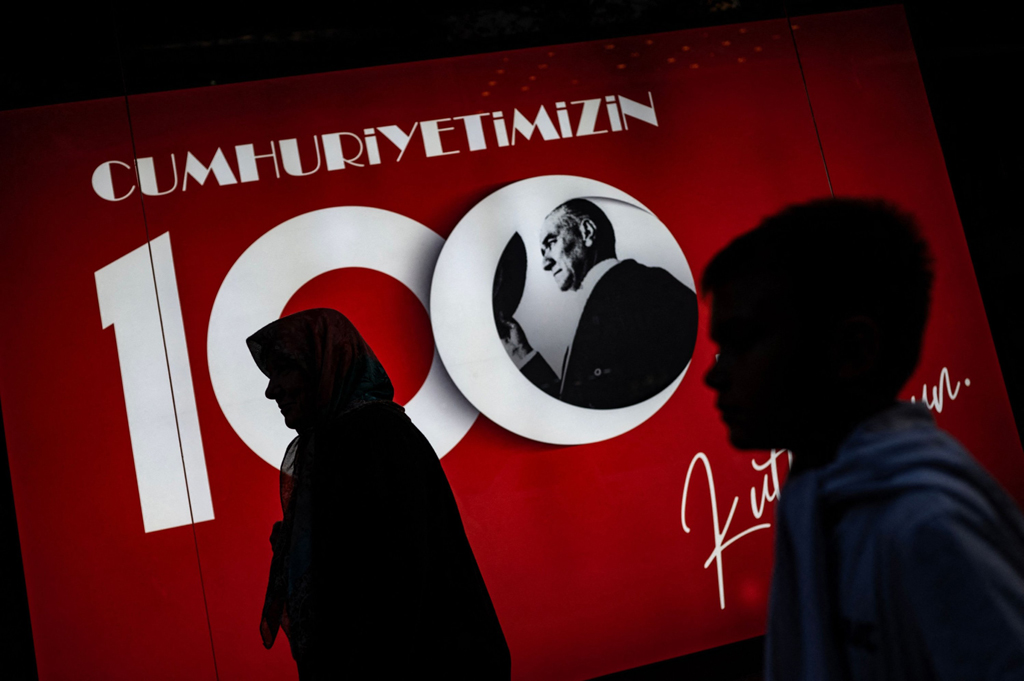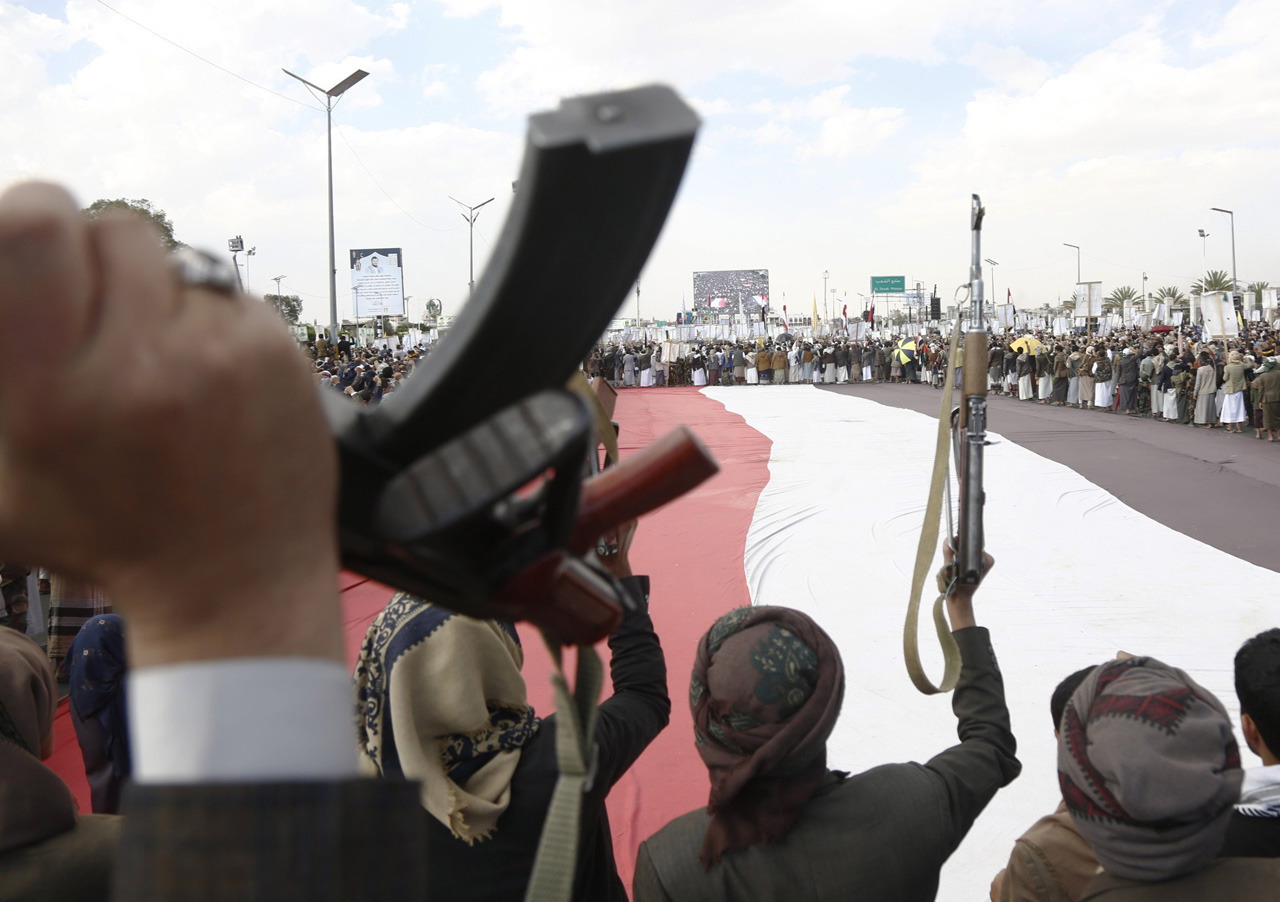The Kemalist “fear” that emerged during the Democratic Party years and peaked around the Justice and Development Party's (AK Party) rise to power relates to the fear of the pro-tutelage bureaucracy over the possibility of losing its privileges. It is also possible to argue that President Recep Tayyip Erdoğan’s 21 years in power triggered a transformation that caused that fear to evolve into deep-running anger. Parting ways with ultra-secularist policies, which were required by democracy and the zeitgeist, does not amount to the loss of the republic.

To celebrate the 100th anniversary of the Republic of Türkiye
As we rightfully experience this pride, we must be able to analyze the republic’s achievements and problems rationally so that Türkiye can move forward prosperously for centuries to come. That question takes us to the seemingly endless political and ideological debate over the republic’s structure.
Share
As we rightfully experience this pride, we must be able to analyze the republic’s achievements and problems rationally so that Türkiye can move forward prosperously for centuries to come. That question takes us to the seemingly endless political and ideological debate over the republic’s structure.
The Kemalist perception of the republic rests firmly on “fear” because they claim that the transition to multiparty democracy undermined the radical reforms of the single-party period and maintain that the republic remains in danger. I do not mean the civil wars in Türkiye’s neighborhood nor the threat that terrorist organizations pose against our territorial integrity. What happened in the Middle East over the last three decades, the situation in Iraq and Syria, and the support that the PKK terrorist organization continues to receive from some of our allies naturally make it impossible for the Turkish people to brush aside the question of “survival.”
Quite the contrary, it is about normalization and inclusiveness. It is about democratization helping the masses embrace the republican regime. That is exactly what it means to address democratic demands regarding Islamic, Kurdish and Alevi identities. Undoubtedly, it is the right of the nation and its elected representatives to determine the republic’s common good and principles.
Responding to the association of the Ottoman Empire and the republic within the context of continuity, even a century later, with fear represents little more than a shortage of self-confidence. As the republic enters its second century as a powerful country, it highlights the "Century of Türkiye" vision to ensure the continuity of Ottoman-Turkish modernization.
President Erdoğan aims to take the republican legacy forward and facilitate a new leap by promoting civilian rule, development, democratization and independence. The effort by some foreign media outlets and old-fashioned positivist-Jacobinist intellectuals to portray Mustafa Kemal Atatürk and President Erdoğan as opposites, too, suffers from a failure to accurately analyze the history of Turkish modernization.
The "Century of Türkiye" vision represents an up-to-date version of our nation’s goal of exceeding the level of contemporary civilization. Likewise, the debate over how Türkiye celebrates the republic’s centennial, too, is ideologically charged. Instead of delivering lengthy speeches, it is clearly more meaningful to celebrate with the aircraft carrier TCG Anadolu, the electric car TOGG, the combat aircraft Kaan and the unmanned aerial vehicle Bayraktar TB3.
Happy 100th birthday to the republic! Here's to many more centuries!
[Daily Sabah, October 29, 2023]
Tags »
Related Articles






